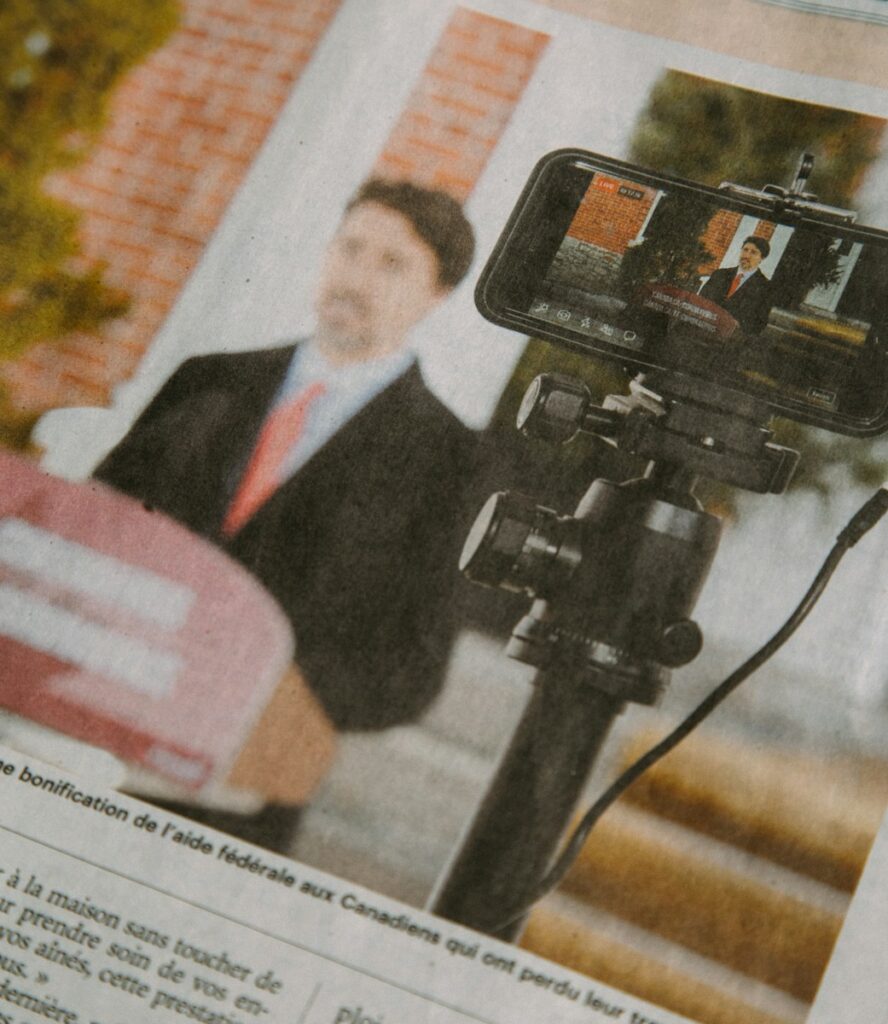Introduction
Oh, the world of personal finance—often talked about, rarely understood. Whether you’re just starting out or you’ve been around the block a few times, getting a handle on your finances can feel like trying to solve a Rubik’s Cube in the dark. But fear not! With the right strategies, you can navigate the financial maze and come out on top.
We’re diving deep into personal finance, exploring budgeting, saving, investing, and everything in between. So, grab a cup of coffee, and let’s embark on this journey together!
The Fundamentals of Personal Finance
Before we start building our financial empire, we need to lay a solid foundation. Here are the basic pillars of personal finance:
- Budgeting: Creating a budget is like setting the GPS for your financial journey. It helps you figure out where your money is going and ensures you’re reaching your desired destination. Start by tracking your expenses and income, then categorize them to create a clear picture.
- Saving: Who doesn’t love a good safety net? Saving is all about building that cushion for unexpected expenses or future goals. Aim to save at least 20% of your income, and consider establishing an emergency fund to cover 3-6 months’ worth of expenses.
- Investing: Once you’ve got a handle on budgeting and saving, it’s time to put your money to work. Investing can be intimidating, but it’s one of the most effective ways to grow your wealth. Learn the basics of stocks, bonds, and mutual funds, and start small to build your confidence.
- Debt Management: Debt can be a heavy anchor holding you back. Prioritize paying off high-interest debt first, like credit cards, and consider consolidating your loans to secure lower interest rates.
- Insurance: Protecting your assets is a crucial part of personal finance. From health insurance to life insurance, make sure you’re covered for the unexpected.
Crafting a Personal Finance Strategy
Now that we’ve covered the basics, let’s talk strategy. Crafting a personalized approach involves understanding your unique financial situation and setting realistic goals.
- Set Clear Goals: Whether it’s buying a home, traveling the world, or retiring early, having clear financial goals will keep you motivated and focused.
- Create a Plan: Break down your goals into actionable steps. For instance, if you want to save for a house, determine how much you need for a down payment and how much you need to save each month.
- Automate Your Finances: Make saving a no-brainer by automating transfers from your checking to savings account. Also, consider setting up automatic payments for bills to avoid late fees.
- Review and Adjust: Life happens, and your financial plan should be flexible enough to accommodate changes. Schedule regular check-ins to review your progress and adjust your strategy as needed.
Tips to Boost Your Personal Finance Savvy
- Educate Yourself: Knowledge is power. Dive into books, podcasts, and blogs about personal finance to expand your understanding and discover new strategies. For instance, making money blogging can be a great way to supplement your income.
- Network: Surround yourself with financially savvy individuals who can offer advice and support. Join forums or social media groups to connect with like-minded people.
- Use Technology: Leverage financial apps to track your spending, manage investments, and stay on top of your budget. Apps like Mint or YNAB can be game-changers.
- Explore Different Income Streams: Diversifying your income can provide financial security. Consider side hustles, freelance work, or investing in property. Curious about real estate? Check out the secrets of real estate and property investment for more insights.
Common Personal Finance Mistakes to Avoid
- Ignoring Small Expenses: Those daily coffee runs add up! Pay attention to small, frequent expenses that might be draining your wallet.
- Living Beyond Your Means: It’s tempting to keep up with the Joneses, but living within your means is key to financial stability.
- Skipping the Emergency Fund: Life is unpredictable. Without an emergency fund, you’re one unexpected expense away from financial stress.
- Neglecting Retirement Savings: Retirement might seem far off, but the earlier you start saving, the better off you’ll be.
FAQs
1. How can I start investing if I’m a beginner?
Start by learning the basics of different investment options like stocks, bonds, and mutual funds. Consider using a robo-advisor or consulting with a financial advisor to guide your decisions.
2. What’s the 50/30/20 budget rule?
The 50/30/20 rule is a simple budgeting framework where 50% of your income goes to necessities, 30% to wants, and 20% to savings and debt repayment.
3. How can I improve my credit score?
Pay your bills on time, reduce your credit card balances, avoid opening new credit accounts unnecessarily, and regularly review your credit report for errors.
4. Should I pay off debt or save for retirement first?
It depends on your situation. If your debt has a high-interest rate, prioritize paying it off. Otherwise, balance both by contributing to retirement savings while making debt payments.
Conclusion
Mastering personal finance is not just about crunching numbers; it’s about creating a lifestyle that supports your goals and aspirations. By understanding the basics, crafting a personalized strategy, and avoiding common pitfalls, you can pave the way to financial freedom. Remember, it’s never too late to take control of your finances and start building the future you’ve always dreamed of. Happy saving!









